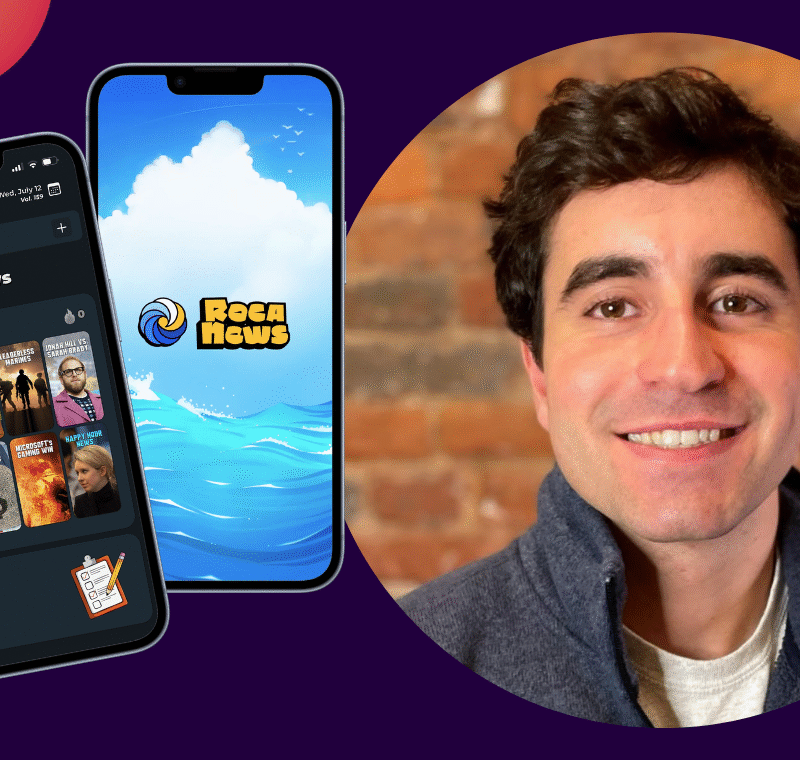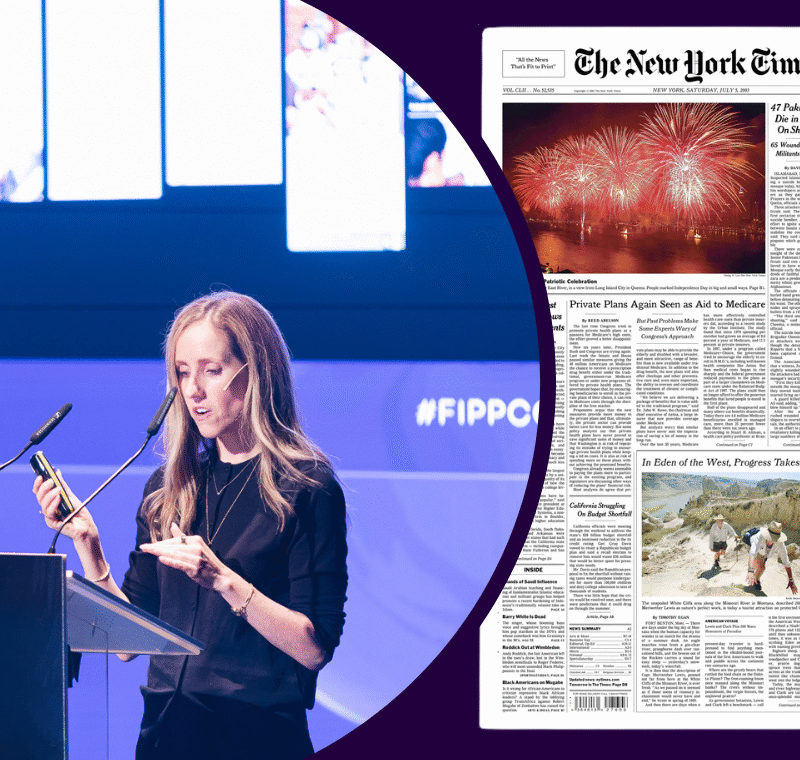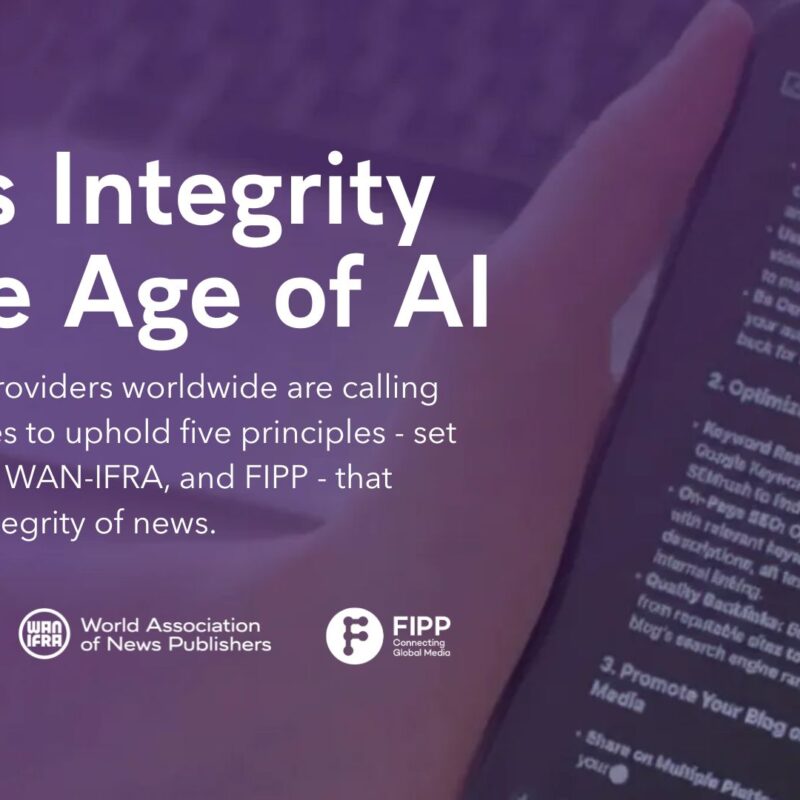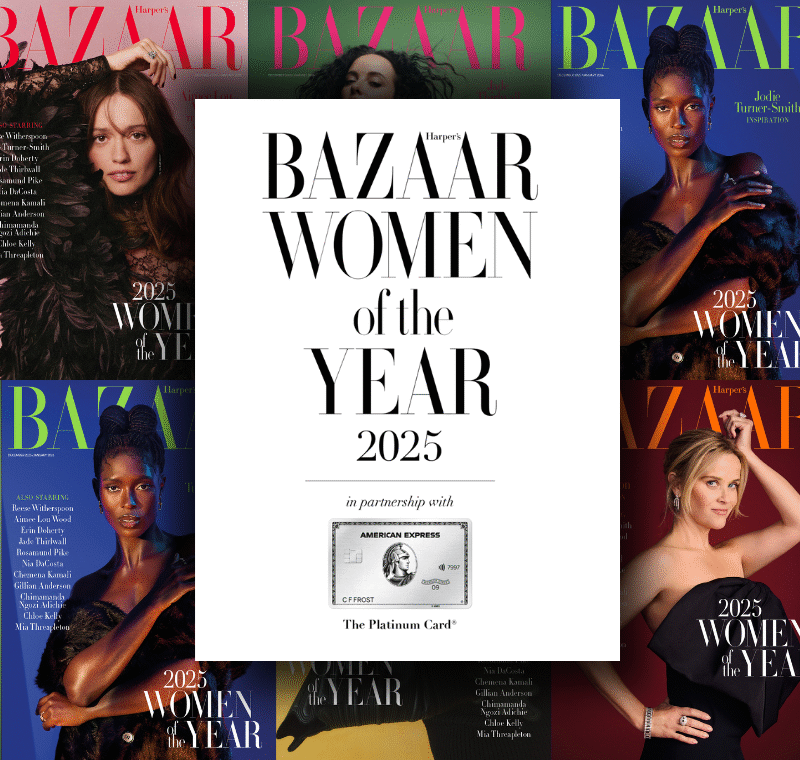“Faster than digital”: Lucy Küng on the creator economy shift
This October, Lucy Küng will join Rishad Patel, Splice Media, and Jacob Donnelly, A Media Operator, on stage at the FIPP World Media Congress in Madrid to debate an increasingly pressing question: Can established media lean into creator economy growth?
With years of experience guiding media leaders through disruption, Lucy Küng has witnessed and studied the structural shifts that have reshaped publishing, broadcast, and journalism. Now, she believes the combination of the creator economy and generative AI represents the beginning of an entirely new era.
“I think with the creator economy plus generative AI, we’re hitting the next media era,” she says. “And I think it’s going to go much faster than digital. Because the installed base is there, the habits are there – we’re using it 11 hours a day. So you’re just layering these new media products onto functioning systems that people are already addicted to, if not habituated to. So this next change is going to be very fast.”
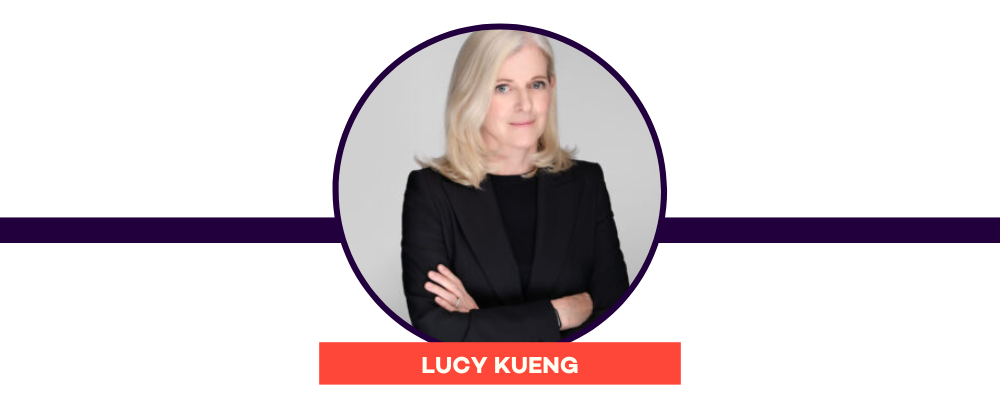
The challenge for legacy media
That speed is both an opportunity and a challenge, she believes, and says that the “rules of the game” in the creator economy are already very different from those in traditional media:
“The quality signifiers in the creator economy are all about things looking a bit informal, a bit homemade. All those old professional quality signifiers are not only neutral, they turn people off. It’s the personal rather than the professional. It’s different formats. It’s direct distribution. It’s the permanent feedback loop with the audience.”
That makes it hard for established players, which have long prized polish and professionalism. Lucy, who is writing her next book on the creator economy, is concerned by the way many legacy publishers are responding:
“I’m seeing all the classic signs of the media industry: shiny new thing emerging, where they’re picking up and copying any playbook – ‘the Washington Post is doing this, so we’re going to do that too’,” she says.
“I’m kind of worried about this one, because I think it’s very big and very profound. And because it’s profound, the challenge is working out the smartest solution for us, not copying someone else. The real question is: what assets do we have in the building that would build a natural bridge?”
From survival to growth
She cautions that the structural realities of the media business cannot be ignored.
“It’s almost impossible to reverse the decline in the classic media sector,” she says. “Consumer attention is maxed out. There’s a content oversupply, accelerated by AI. It’s very hard to charge what it costs to make the product. There are no free revenues to invest in the future. The whole thing is under strain.”
This, she argues, has left many organisations trapped in “persistence without prosperity” — surviving, but unable to grow. And growth, she insists, is what is needed if the media is to invest in people, technology, and the creative products that audiences want.
Signs of hope
Despite the pressures, Lucy sees potential for smaller organisations to adapt and thrive.
“If you’re a small organisation, very plugged into your audiences and your readers and what they need, you’ve got a permanent feedback loop, a self-correction mechanism,” she says.
This ability to stay close to the audience, to adjust in real time, is one of the reasons creators themselves have been so successful – and why their rise offers lessons for everyone in the industry.
“You can move much more quickly than a large organisation with an enormous workforce. The trick is you need to have the revenues coming in – that’s the challenge.”
Three imperatives for leaders
So how should publishers respond? Lucy has three clear imperatives, which sound simple, but could, she says, be difficult to deliver in practice – particularly for large organisations weighed down by legacy structures, products, and processes:
“The first thing is to understand the difference, understand the nature of the shift.
“The second thing is generative AI. The creator economy and AI are compounding changes, they’re accelerating each other. Really, it needs to become part of DNA. It’s not just projects and pilots, it’s a deep fluency and a rethink of the organisation.
“And the third is simplify, simplify, simplify. Get it down to the focus on products that work best, the topics you own. The challenge is going to be moving fast enough, and simplifying will be crucial.”
The FIPP World Media Congress takes place in Madrid, Spain, from 21-23 October 2025.
This event will bring together media professionals from across the globe for three days of insightful discussions, keynote presentations, workshops, and unparalleled networking opportunities. Whether you’re a seasoned industry leader or a rising innovator, the FIPP Congress promises to be an unforgettable gathering that will shape the future of media.
See the agenda here and the list of speakers here.
Book your place now.
SPONSORS

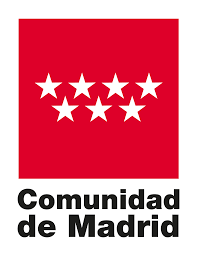
FIPP CENTENARY PARTNERS
 |
| UPM Communication Papers FIPP Strategic Partner 2025 |
EVENT ORGANISED IN PARTNERSHIP WITH
MEDIA PARTNER












